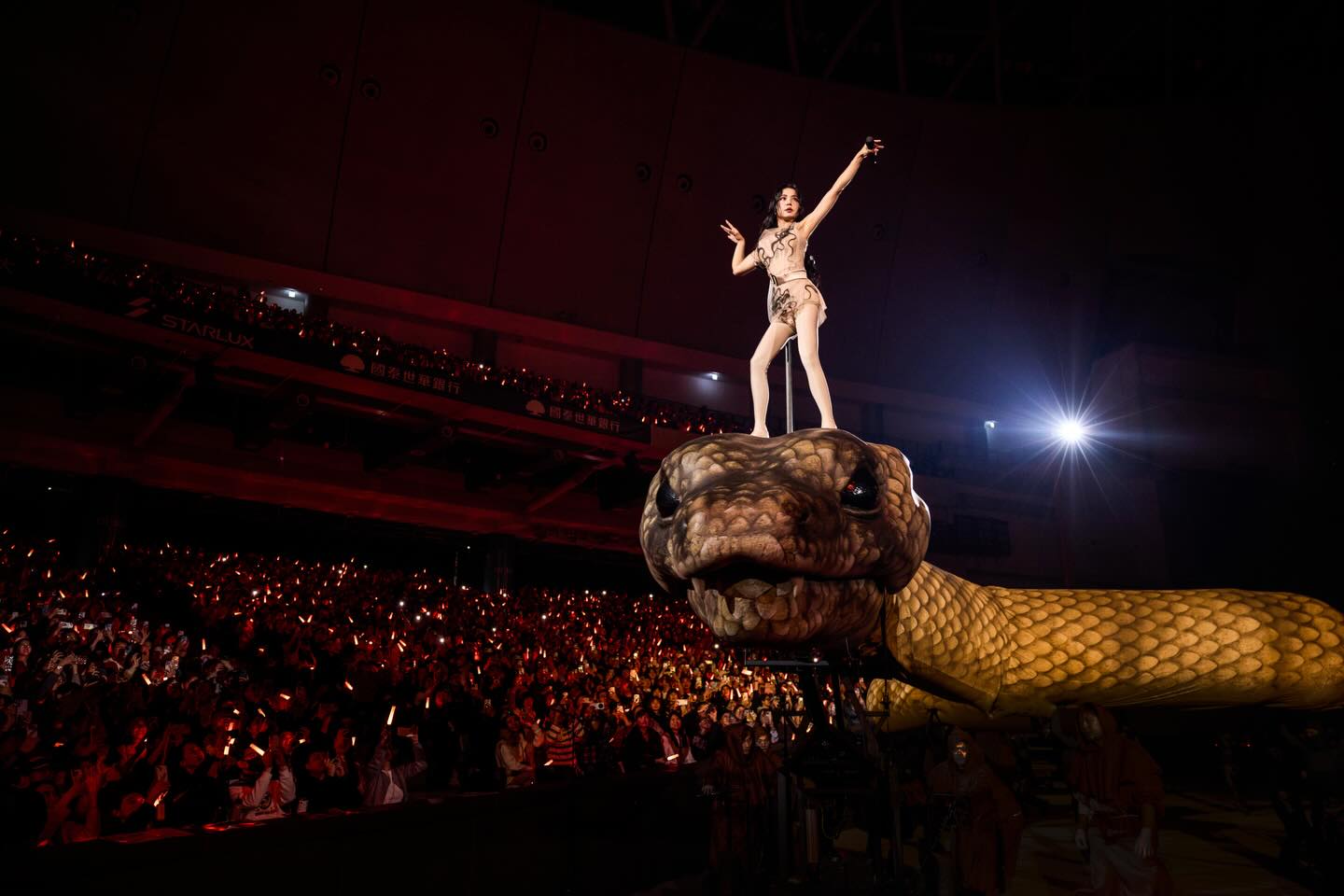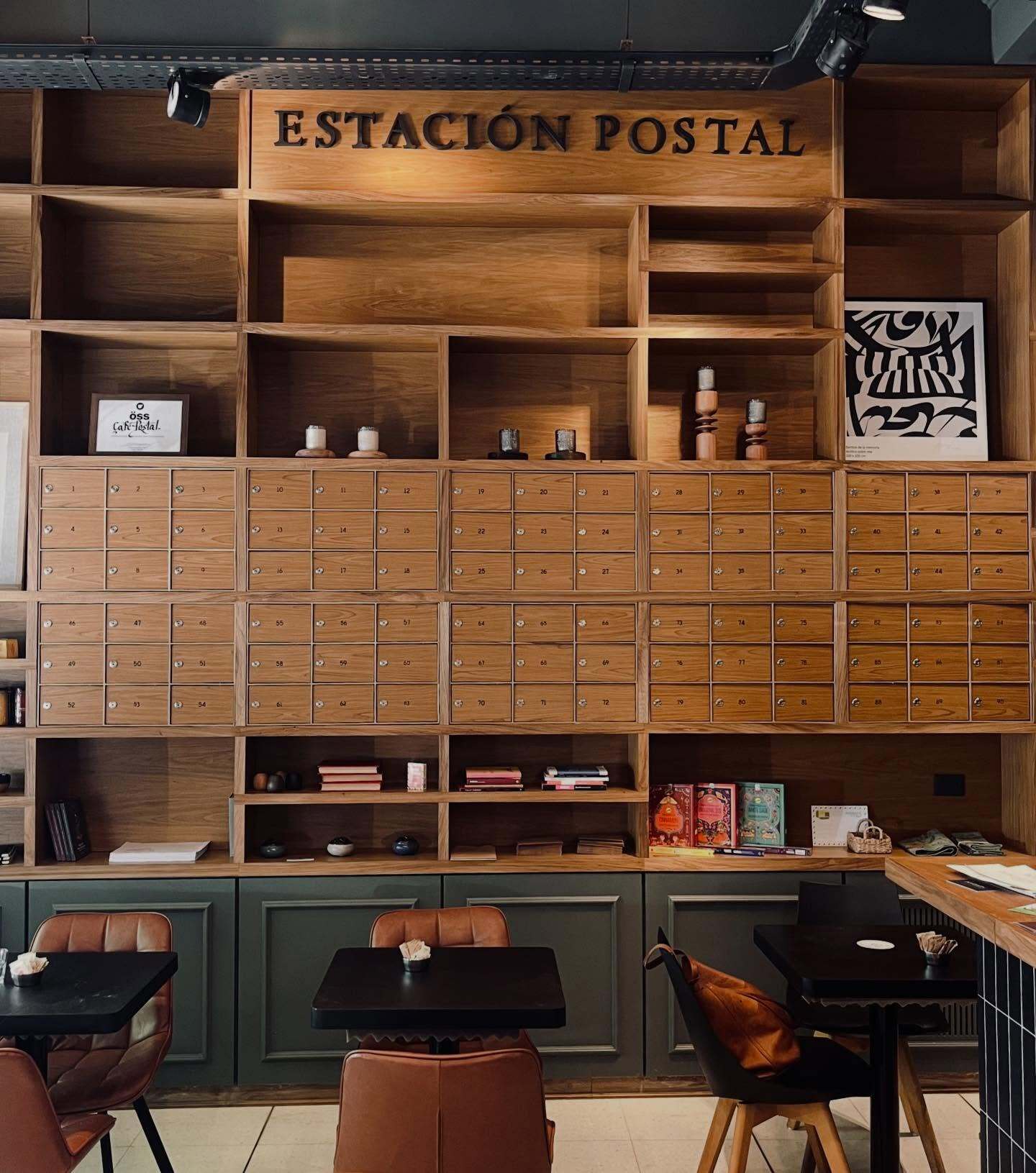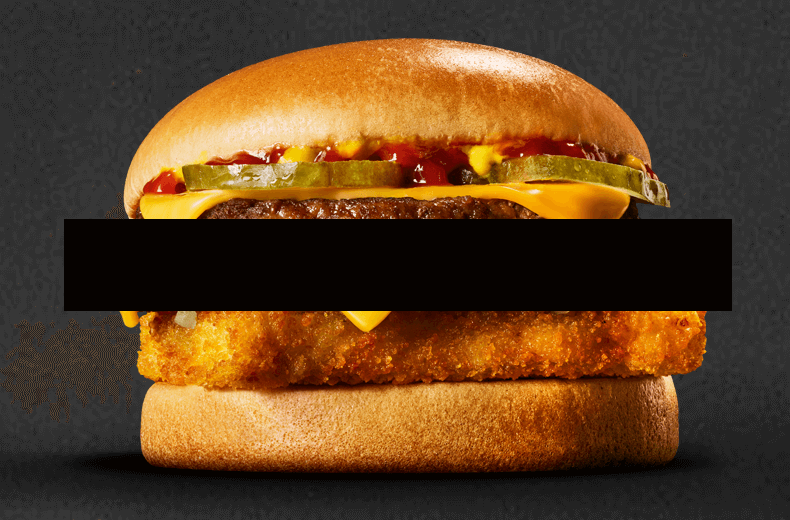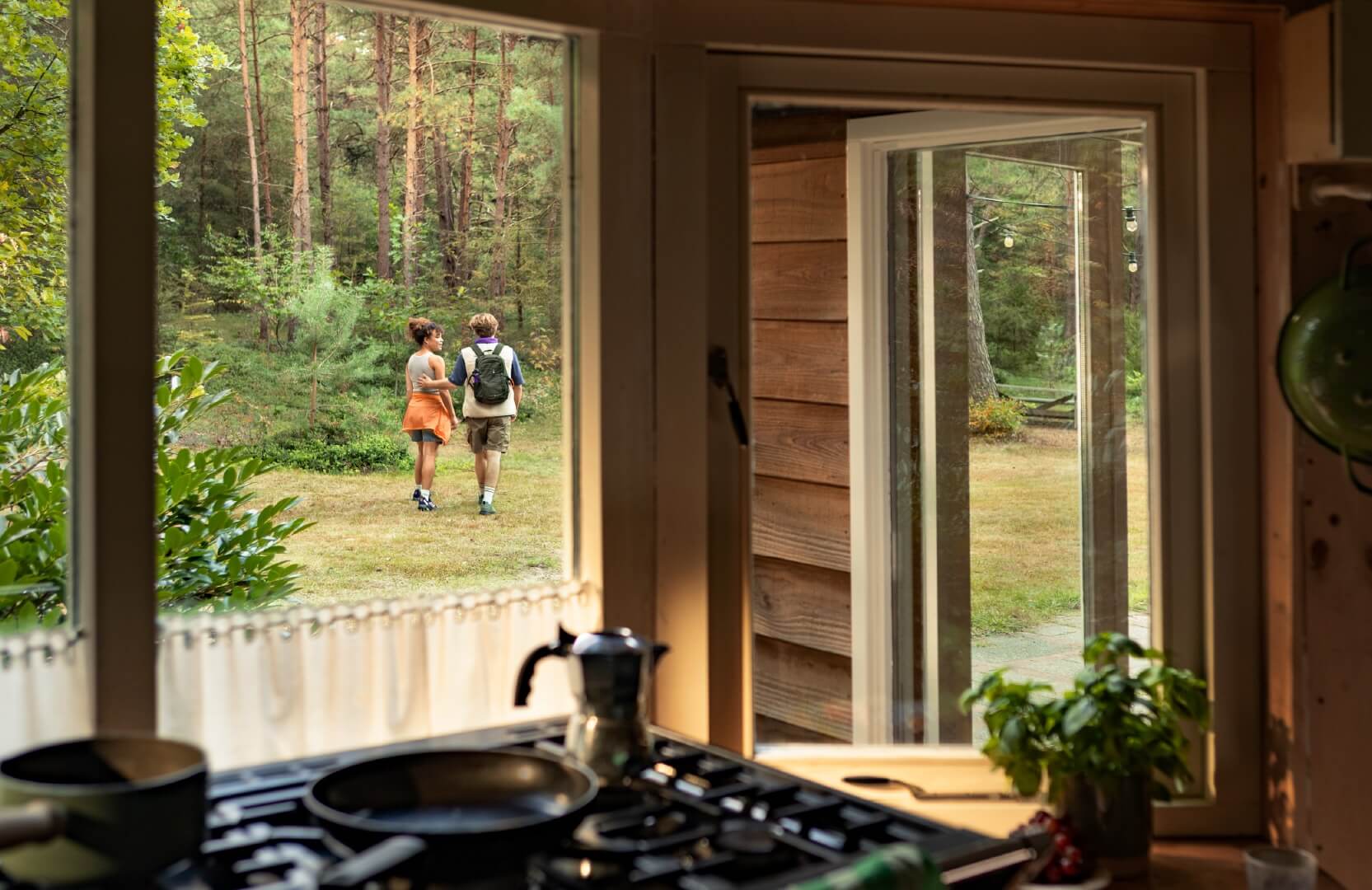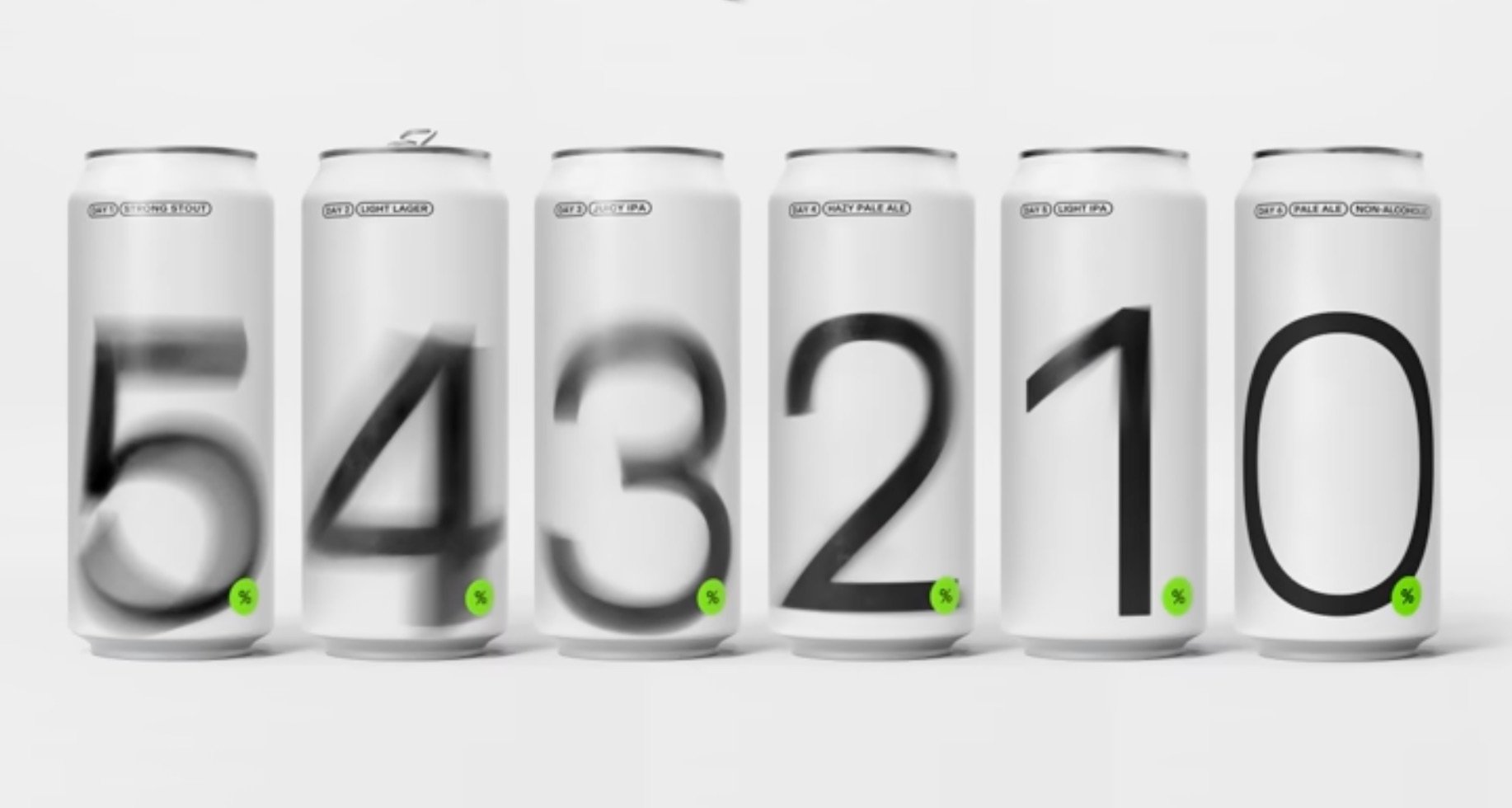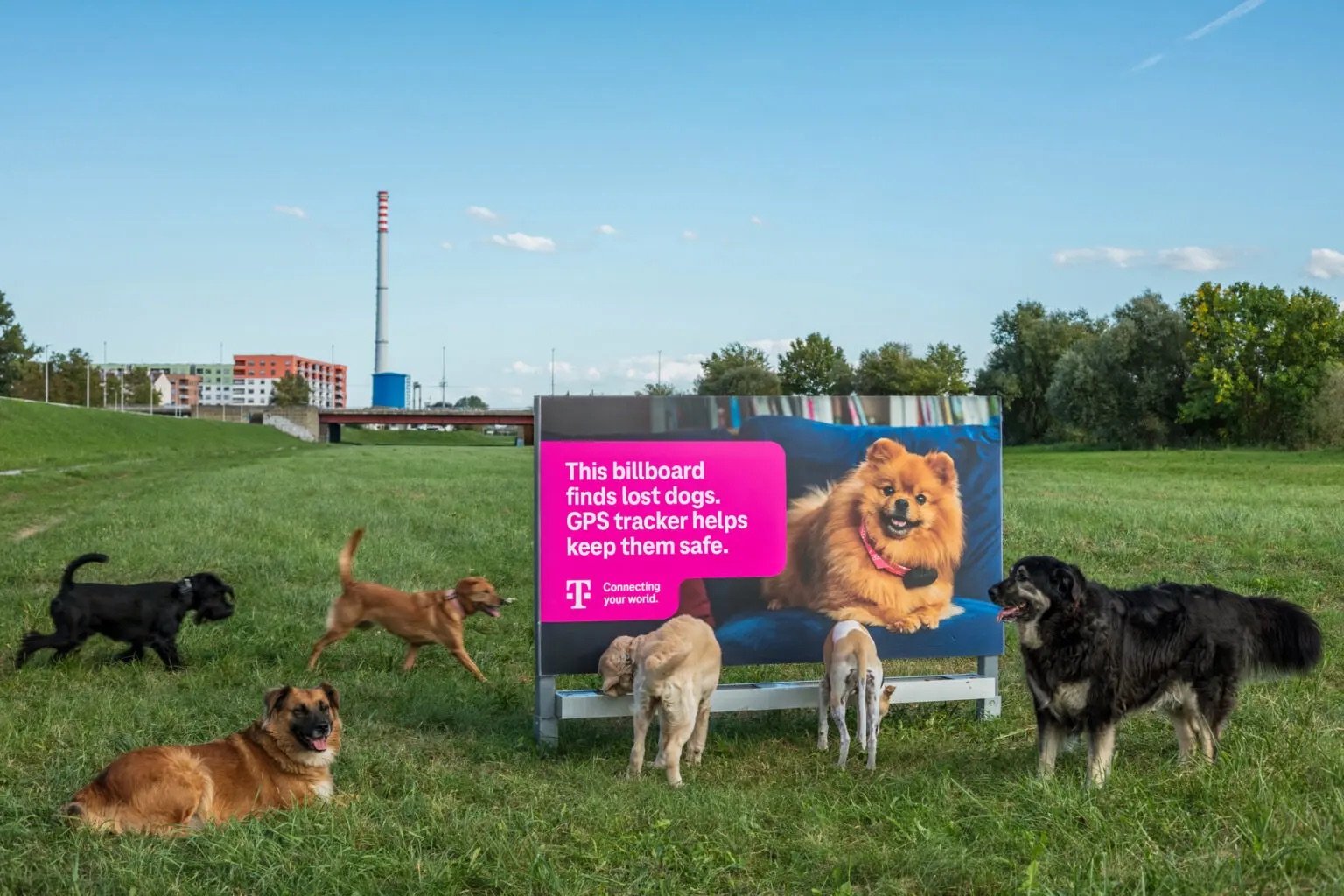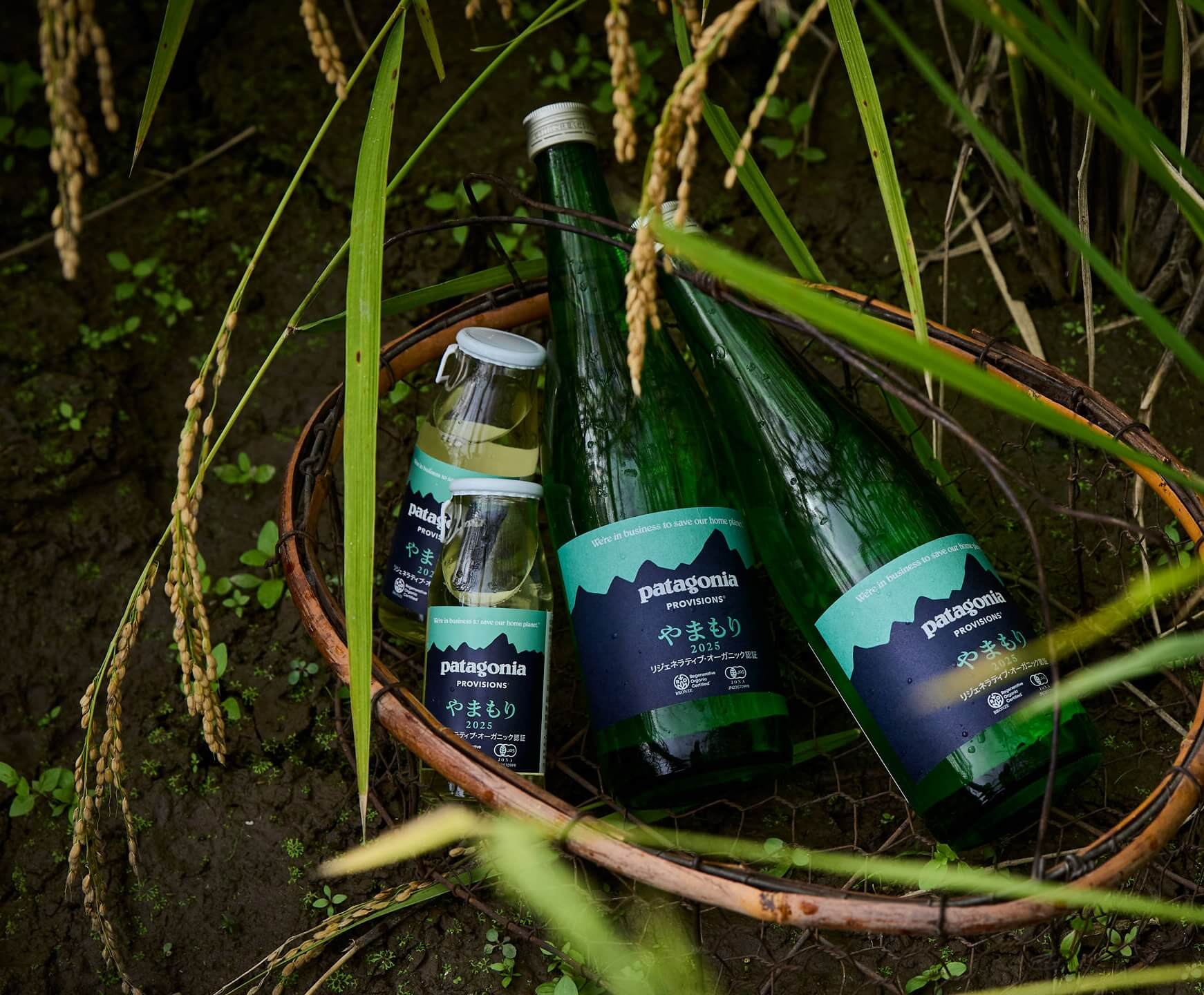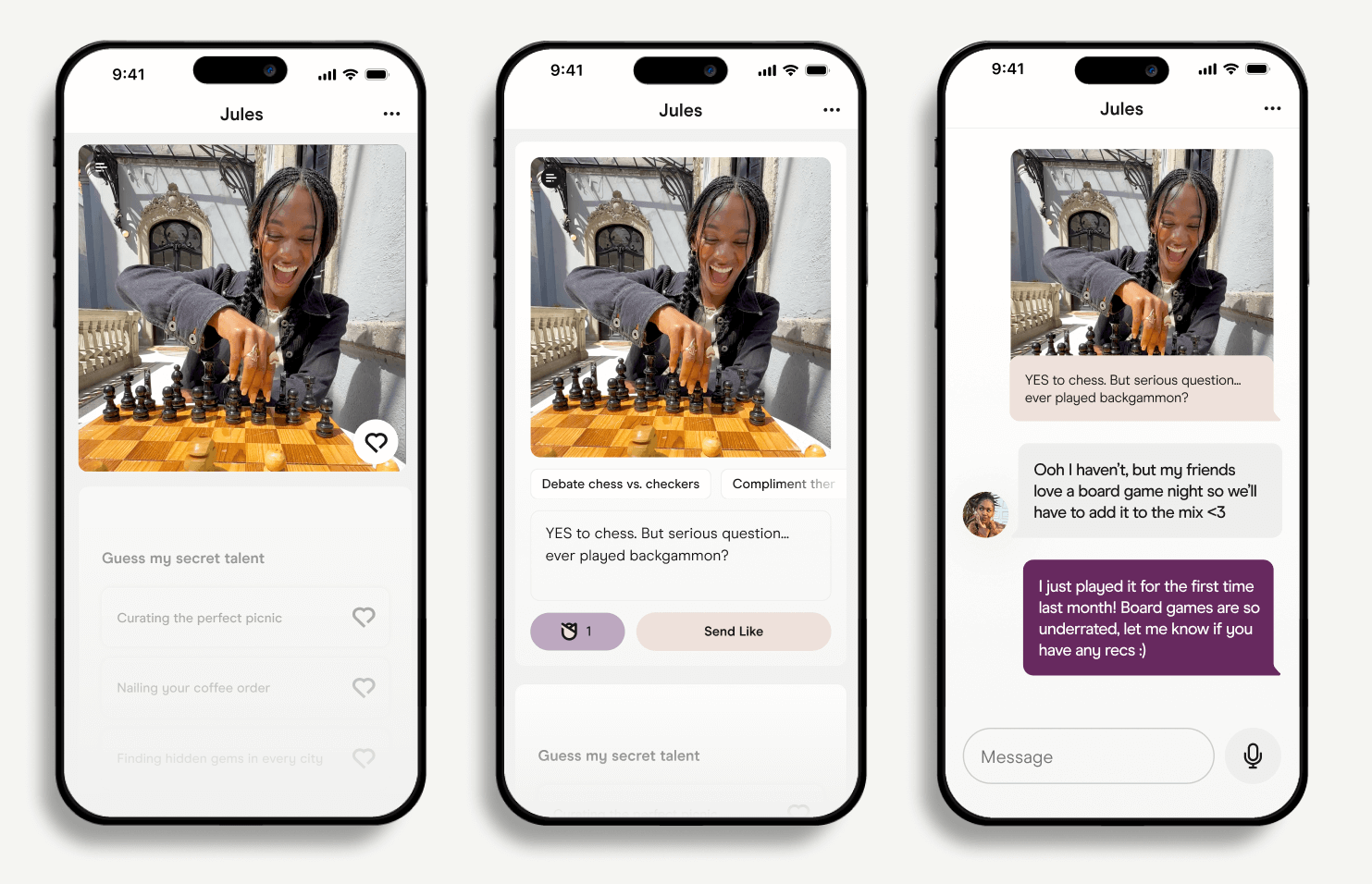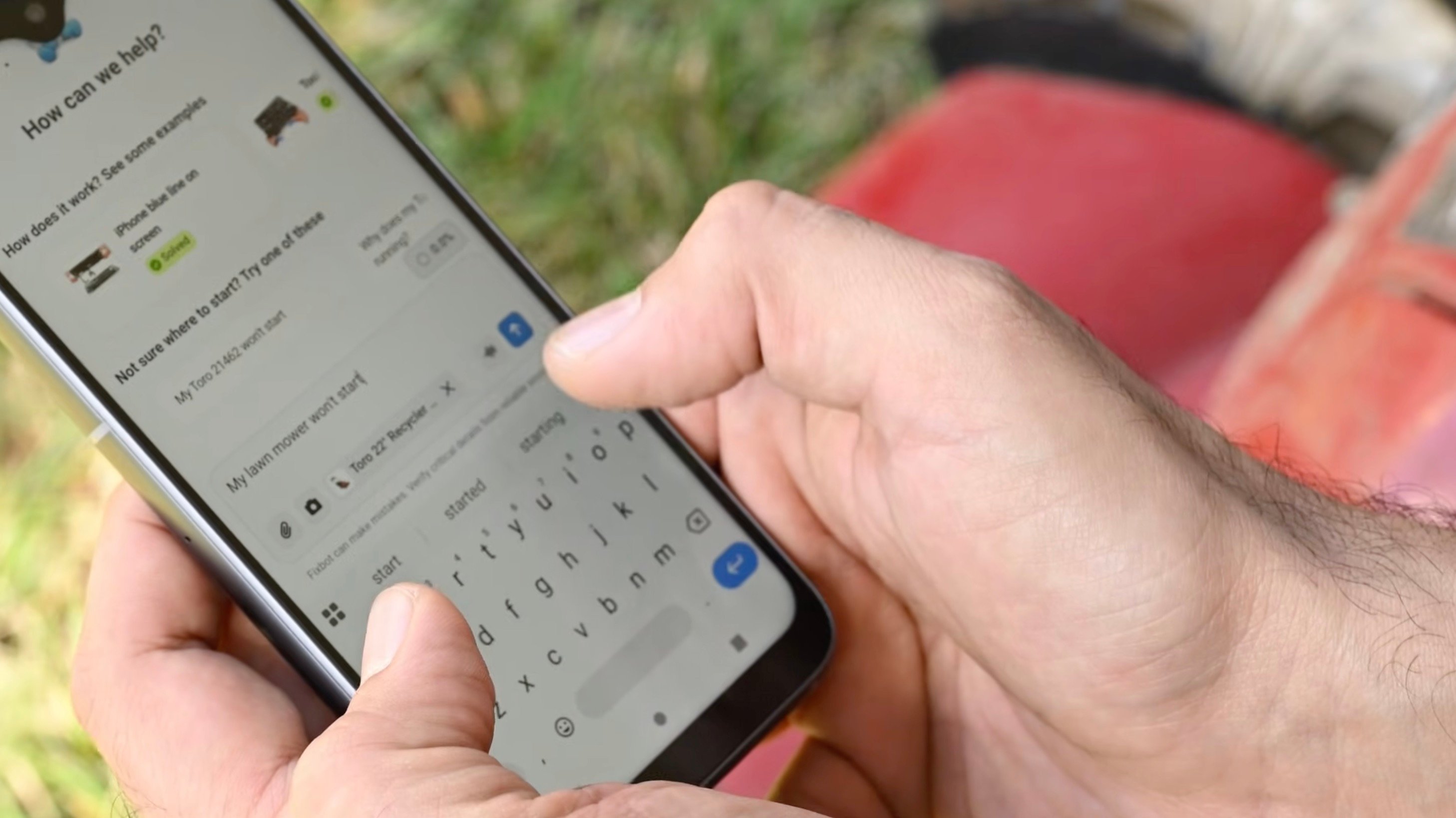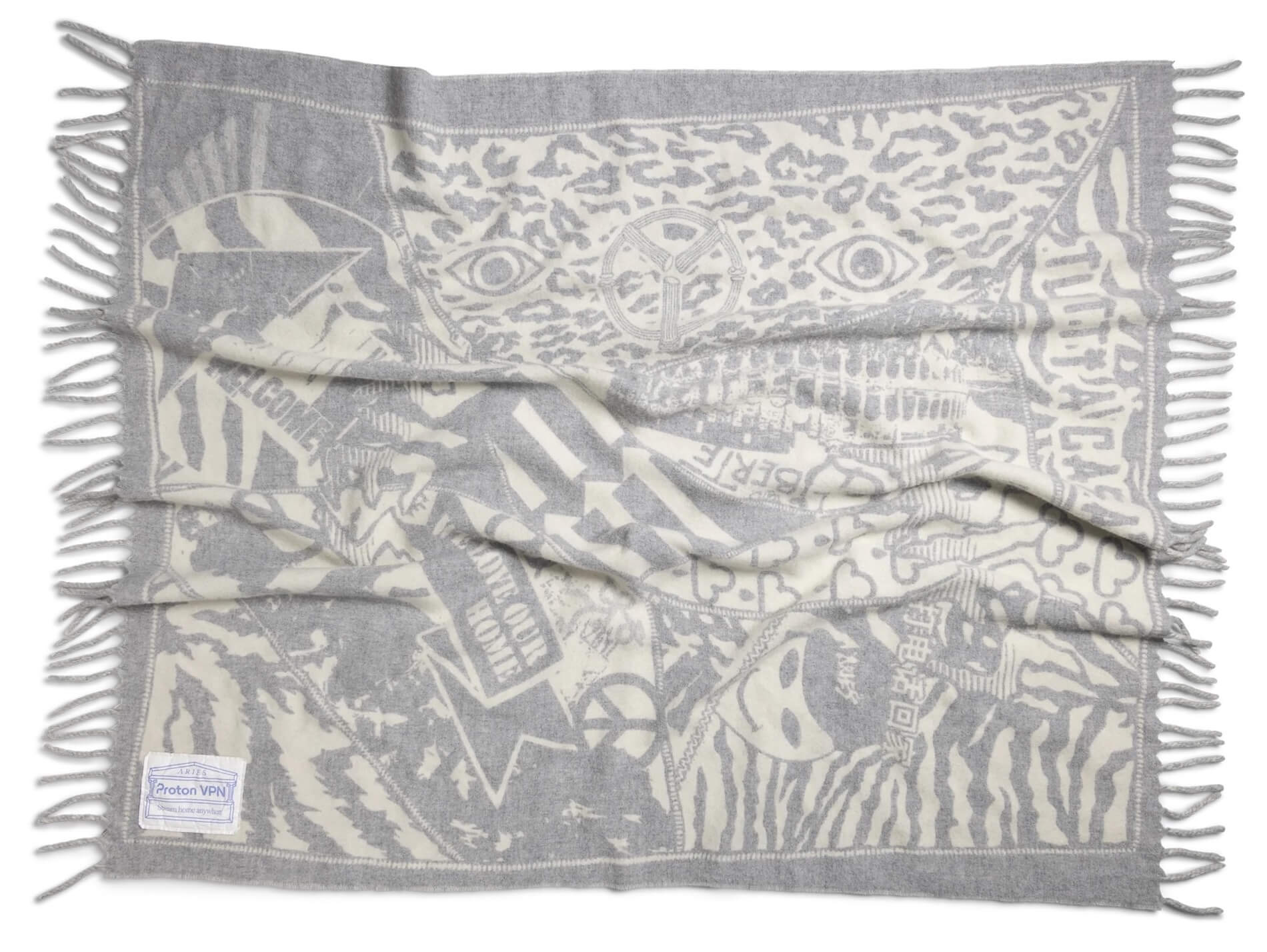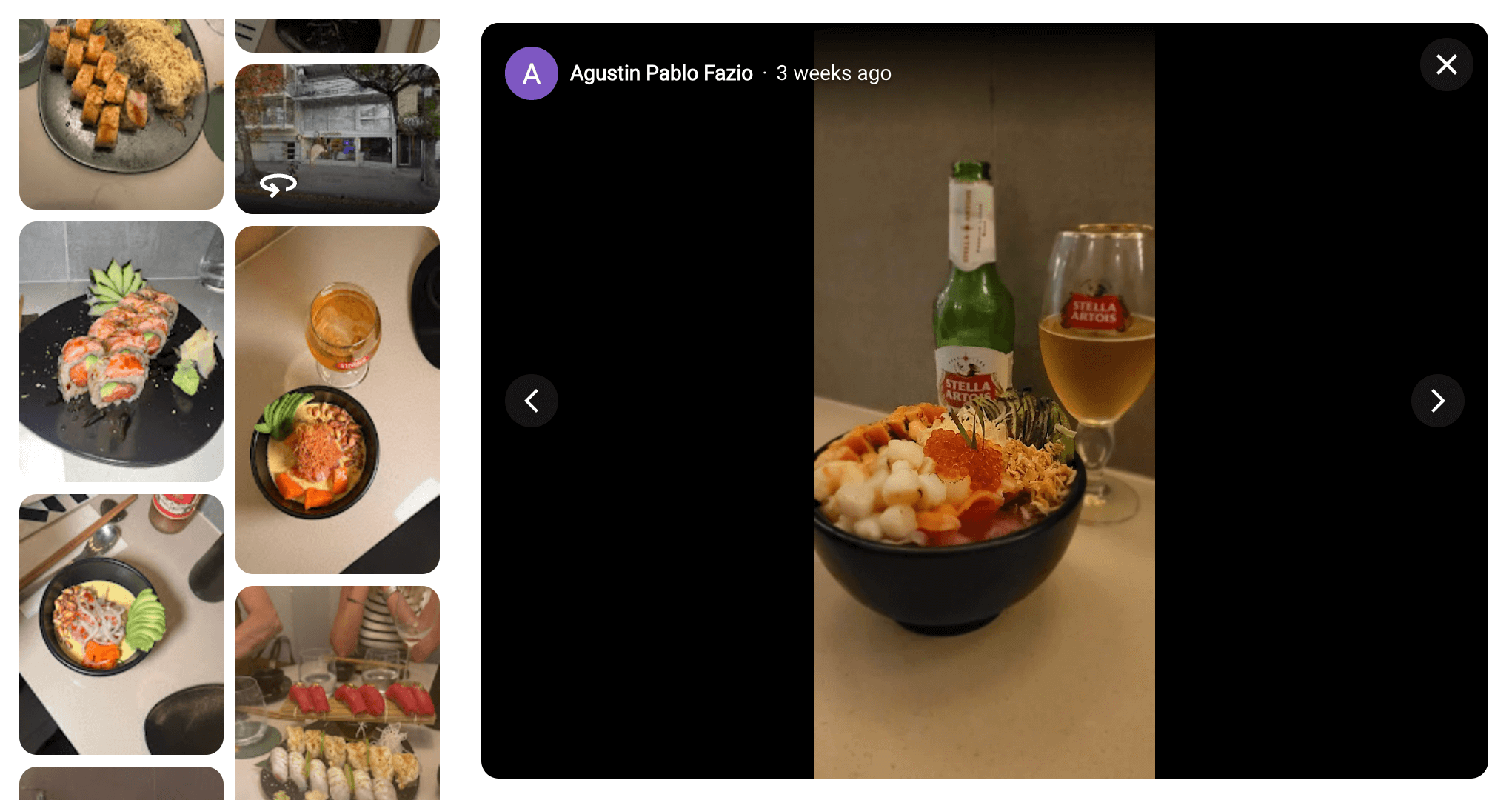Midway through singing at Taipei Dome late December, Jolin Tsai mounted a 30-meter mechanical serpent that carried her through the venue while she performed "Medusa" — a spectacle that left 40,000 attendees stunned and went viral online.
The pop star's "PLEASURE" world tour, which cost around USD 280 million to produce, opened with a three-story-tall ceremonial bull procession before Tsai appeared unexpectedly on an elevated platform wearing a dual-faced mask expressing both pleasure and pain. The massive snake, which she rode as she circled the entire dome, was just one element of what ETtoday reports was the most expensive concert production in the Taipei Dome's history. The show's five narrative chapters also featured nearly 30 large-scale art installations and 20 hybrid fantasy creatures.
TREND BITE
As generative AI makes digital spectacle infinitely reproducible, physical experiences are moving into the realm of the impossible to fake. Tsai's serpent — too massive, too mechanical, too viscerally present to be dismissed as a deepfake — exemplifies how live entertainment is weaponizing scale and IRL overwhelm against the flattening effect of screens.
The strategy extends beyond concert stages: Louis Vuitton's ship-shaped Seoul flagship and Gentle Monster's theatrical retail spaces demonstrate that when algorithms can conjure anything, brands compete by building what AI cannot: three-dimensional absurdity that demands physical presence to fully comprehend. The question facing industries from hospitality to automotive isn't whether to embrace maximalism, but whether they can engineer moments so deliberately excessive that "you had to be there" becomes the ultimate social currency.
Select your country
- Argentina
- Australia
- Austria
- Belgium
- Brazil
- Cambodia
- Canada
- Chile
- China
- Colombia
- Costa Rica
- Croatia
- Czechia
- Denmark
- Estonia
- Finland
- France
- Germany
- Ghana
- Greece
- Guatemala
- Hong Kong
- Hungary
- Iceland
- India
- Indonesia
- Ireland
- Israel
- Italy
- Japan
- Kenya
- Latvia
- Lithuania
- Malaysia
- Mexico
- Morocco
- Netherlands
- Nigeria
- Norway
- NZ
- Paraguay
- Phillippines
- Poland
- Portugal
- Puerto Rico
- Romania
- Serbia
- Singapore
- Slovakia
- Slovenia
- South Africa
- South Korea
- Spain
- Sweden
- Switzerland
- Taiwan
- Thailand
- Turkey
- UAE
- UK
- Ukraine
- US
- Uruguay
- Venezuela
- Vietnam
Select your country
- Argentina
- Australia
- Austria
- Belgium
- Brazil
- Cambodia
- Canada
- Chile
- China
- Colombia
- Costa Rica
- Croatia
- Czechia
- Denmark
- Estonia
- Finland
- France
- Germany
- Ghana
- Greece
- Guatemala
- Hong Kong
- Hungary
- Iceland
- India
- Indonesia
- Ireland
- Israel
- Italy
- Japan
- Kenya
- Latvia
- Lithuania
- Malaysia
- Mexico
- Morocco
- Netherlands
- Nigeria
- Norway
- NZ
- Paraguay
- Phillippines
- Poland
- Portugal
- Puerto Rico
- Romania
- Serbia
- Singapore
- Slovakia
- Slovenia
- South Africa
- South Korea
- Spain
- Sweden
- Switzerland
- Taiwan
- Thailand
- Turkey
- UAE
- UK
- Ukraine
- US
- Uruguay
- Venezuela
- Vietnam

